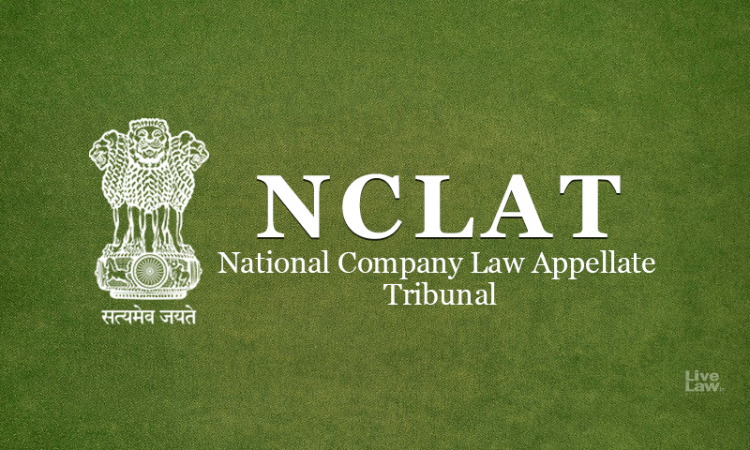Adjudicating Authority Can Recall Orders Obtained Through Fraud Under Rule 11 Of NCLT Rules: NCLAT
Tazeen Ahmed
22 Jan 2025 11:24 AM IST

Next Story
22 Jan 2025 11:24 AM IST
The National Company Law Appellate Tribunal (NCLAT) bench comprising Justice Ashok Bhushan (Chairperson), Barun Mitra (Technical Member) and Arun Baroka (Technical Member) has observed that where the Adjudicating Authority has been made to rely on distorted facts which the Adjudicating Authority became aware of belatedly, the Adjudicating Authority can always invoke its inherent powers...
